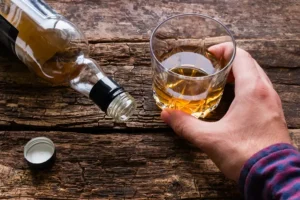
While tremors can suggest that someone is withdrawing from alcohol, alcoholism is not the only cause of shaking. If you’re https://ecosoberhouse.com/article/total-alcohol-abstinence-vs-moderation/ trying to kick the alcohol habit and struggling with withdrawal symptoms, don’t go it alone. A healthcare provider can help guide you through the process and might even recommend treatments to make things a bit easier on you. Please remember that the information provided in this article should not replace professional medical advice.
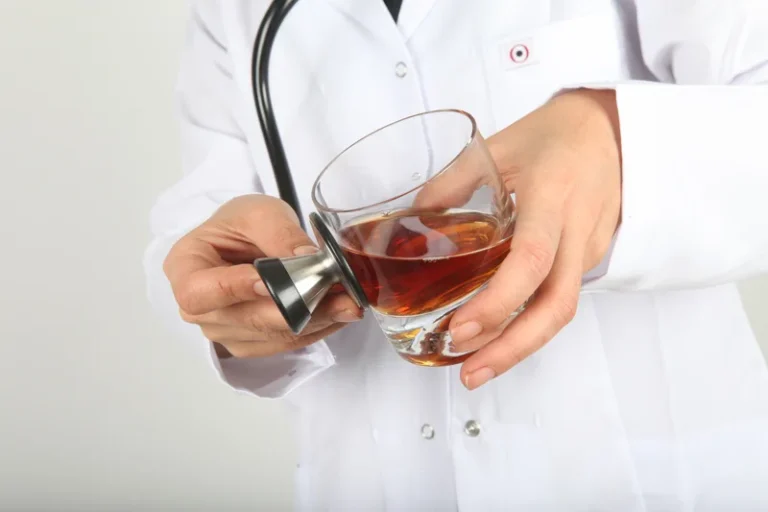
What is an Alcohol Use Disorder?
- You can use the guidelines to get an idea of how many standard drinks you’re used to.
- In the below video, our medical director, Dr. Calarco, explains how alcohol can cause shakes and tremors.
- They are often accompanied by other mild withdrawal symptoms like anxiety, nausea, and irritability.
- This means that insurance plans sold through the ACA marketplace must cover addiction treatment services, including detoxification, inpatient and outpatient treatment, and aftercare programs.
- Recognizing these symptoms is crucial for seeking appropriate treatment and support.
- If you opt for inpatient treatment, you’ll be monitored for hallucinations or other signs of delirium tremens.
The client’s repeatedly express how amazed they are at Carrie’s listening skills and non-judgemental attitude, which allows them to develop trust, honesty and openness to discuss their SUD. Carrie’s focus is on leading the client to a future where they feel confident and have the ability to make the necessary changes in their life. In the below video, our medical director, Dr. Calarco, explains how alcohol can cause shakes and tremors. Remember that eating before or while drinking can minimize the rate of alcohol absorption, thus reducing hangover symptoms like shaking. Reach out to organizations like Sabino Recovery to find the support you need to overcome alcohol dependence and withdrawal.
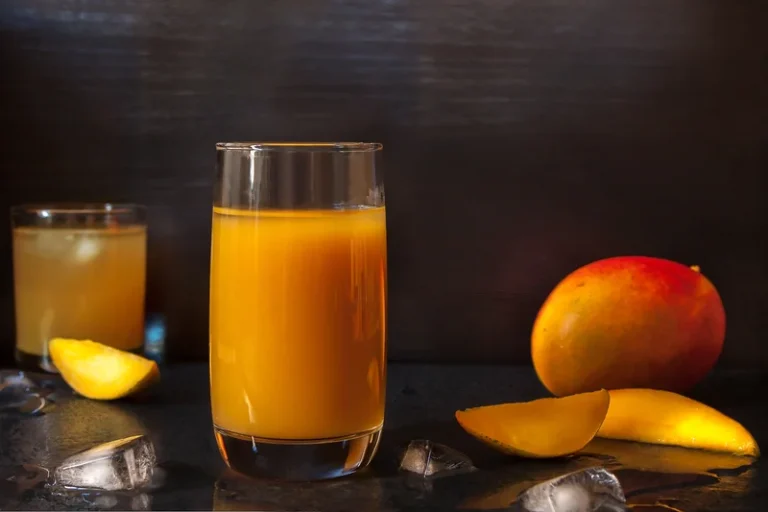
Hallucinations
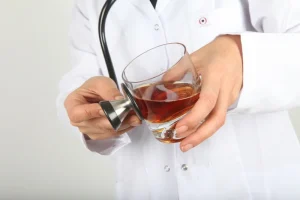
Alcohol tremors typically take effect around 6-8 hours after you finish drinking and peak around hours after your last drink. Mason Ungar is a Certified Alcohol Drug Counselor-Clinical Supervisor who manages the Elevate Addiction Services South Lake Tahoe facility. Lisa is a Licensed Marriage and Family Therapist with over 25 years of clinical experience working in the field of addiction treatment and mental health stabilization and care.
Treatment for Alcohol Shakes
As alcohol levels drop, the brain activity surges, leading to an overactive nervous system and causing tremors or shakes. While we mentioned how the body reacts to shaking and alcohol withdrawal, the main cause of symptoms comes from the brain. When the brain becomes used to having alcohol in the system, it adjusts its chemical balance to account for it. Taking alcohol away abruptly causes the brain to work in overdrive, adjusting and often overcompensating to balance chemicals. Shaking, sweating, anxiety, and insomnia are common during withdrawal as a result of the brain trying to regulate the system. Studies have shown that liver disease (both alcohol-related and not) can cause similar trauma to the cerebellum.
How To Stop Alcohol Shakes
- Taking medications and engaging in healthier lifestyle habits can improve tremors.
- Unstable vital signs increase the risk of complications and can be managed with medications.
- If you or someone you know shows signs of delirium tremens, go to the emergency room immediately.
- These involuntary movements can be a sign that the body is reacting to the absence of alcohol after a period of heavy drinking.
- When it comes to the duration of alcohol shakes, it can be different for everyone.
- Furthermore, other medical conditions can mimic acute alcohol withdrawal or post-acute alcohol withdrawal, so it’s important to get immediate medical attention to receive accurate diagnoses and care.
- However, alcohol shakes are often the first sign that a more serious problem exists.
Treatment may be inpatient or outpatient, and typically includes individual and group therapy, family counseling, alcohol education, 12-step support, and support for physical or psychological needs. Co-occurring disorders are treated at the same time as alcohol recovery treatment. Detoxing means clearing the alcohol from the body and managing withdrawal symptoms. Although alcohol will clear the body within a few days, cravings, shakes, and other withdrawal symptoms may linger longer. Once the body is free of alcohol, an individual can begin addiction treatment. If you opt for inpatient treatment, you’ll be monitored for hallucinations or other signs of delirium tremens.
Understanding Alcohol Withdrawal Shakes
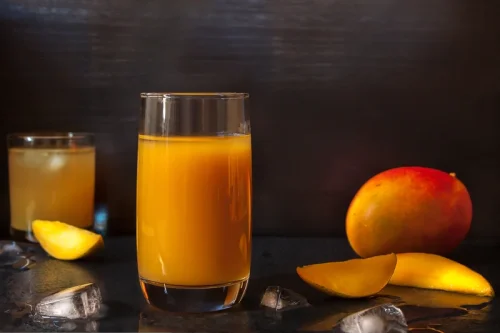
Dependent on the patient, the dwindling of their shakes can take a bit longer, but eventually the CNS regains its stability. Additionally, the clinicians will monitor the alcohol shakes, ensuring that the proper treatment is given if they persist (which can happen). By answering these how to stop alcohol shakes questions, you can usually gauge the severity of the shakes.
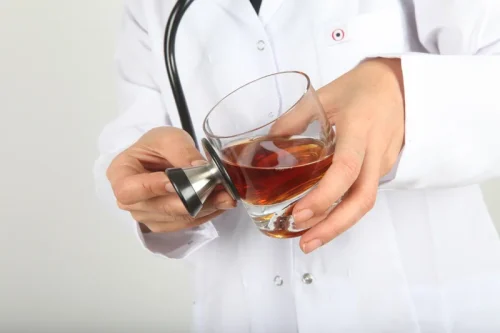
Support Groups
- Moderate to heavy drinkers can also benefit from medical supervision in the acute withdrawal stage.
- Withdrawal symptoms may be impacted by co-occurring mental or physical health conditions.
- Doctors often prescribe medications like Primidone (Mysoline) and Propranolol (Inderal) to help alleviate these uncomfortable symptoms.
- This may lead to the brain sending incorrect messages to the nerves in the hand, making the hands and fingers shake.
- It’s like your body’s alarm system going off, telling you that you need to eat something to get those sugar levels back up.
- If you’re regularly dealing with shakes or other severe hangover symptoms, it might be time to take a step back and reevaluate your relationship with alcohol.
- There are many ways you can take control of your sobriety and live a better life.
Before contacting your physician about alcohol tremors, we recommend gaining insight into the possibility you may need more than prescription medications for alcohol shakes. Friends and family are valuable tools for helping you stay alcohol-free and reduce tremors. The more time you spend with people encouraging your alcohol-free lifestyle, the better your chance of successful recovery. The timeframe can also vary from person to person, depending on how much alcohol is consumed and your body composition. If you drink frequently, you might experience more frequent shakes afterward. You should also avoid foods that are high in sugar and fat, as they can exacerbate withdrawal symptoms.
